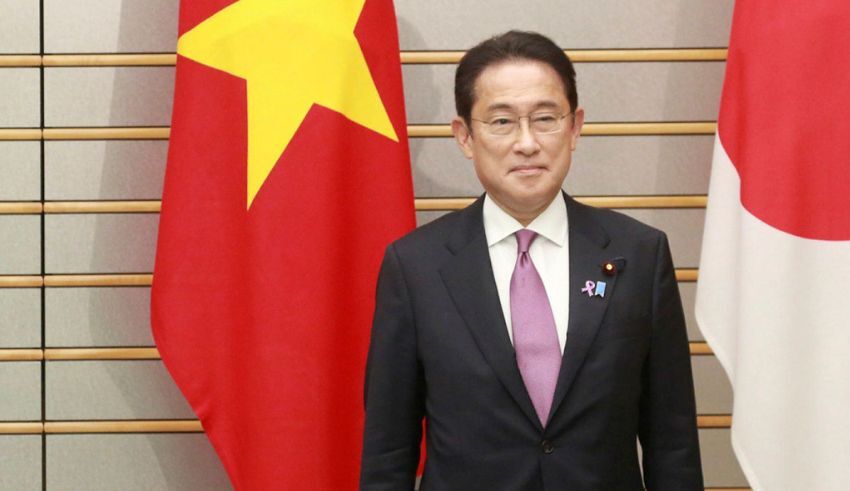
Prime Minister Fumio Kishida‘s plan to increase military spending by 43 trillion yen over five years has taken an important step forward with the defense ministry of Japan submitting an unprecedented budget request of 7.7 trillion yen (about US$52.67 billion) for the fiscal year 2024.
By 2027, the ambitious plan, which was unveiled last year, seeks to raise Japan’s defense spending to 2% of its GDP. This action is being taken as Japan struggles with an oncoming North Korea that is unpredictable and a China that is becoming more forceful.
The budget request is made against the backdrop of deteriorating Japan-China ties. Just last week, Japan started discharging radioactive water treated from its damaged Fukushima nuclear plant into the ocean, drawing criticism from China and leading to a restriction on the importation of Japanese seafood.
If approved, the proposed budget for fiscal year 2024 would represent an increase of around 13%, or nearly 1 trillion yen, over the current year. Notably, this would lead to budget increases for two consecutive years that have never before occurred.
According to the budget allocation plans for the defense ministry, more than 900 billion yen would be set aside for ammunition and weapons, including the creation of new ship-based air-defense missiles. The nation’s southwest island chains would benefit most from the rapid deployment of supplies and weapons in emergency conditions thanks to an additional 600 billion yen earmarked to improving logistics capabilities.
A total of 17 billion yen will be spent on the purchase of three new landing ships, over 300 billion yen will be set aside for 17 transport helicopters, and a specialized transport team will be formed to improve deployment capabilities.
The budget request from Japan also allows 75 billion yen for joint work on developing interceptor missiles that can stop hypersonic warheads with the United States. The cooperative development of next-generation fighter jets with Italy and the UK will also receive 64 billion yen in funding.
Keep Reading
This increase in defense spending, which contrasts with Japan’s long-standing pacifist policy, reflects changing security concerns brought on by China’s military aggression and rising maritime ambitions, particularly about Taiwan. Russia’s actions in Ukraine and North Korea’s growing militarization have both had an impact on the global environment.
While acknowledging its past aggressions, particularly those committed during World War Two, Japan insists that it will not use its expanding military might to intimidate others. Japan is still dedicated to making diplomatic efforts and conversations a priority in order to avoid miscommunications and confrontations.
Japan is primed for potential adjustments in the security dynamics of the region as a result of this substantial move towards strengthening its defence capabilities, which could have an effect on the larger Asia-Pacific geopolitical environment.




